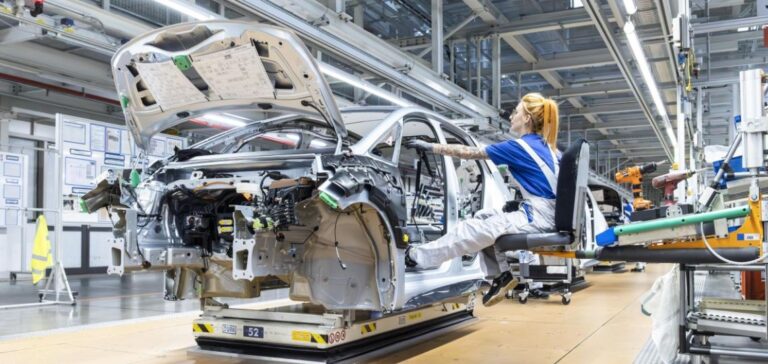In 2024, the dynamics of the electric vehicle (EV) market continue to evolve at a rapid pace, influenced by protectionist policies and strategic investments. Thanks to its protectionist strategy and massive investment, China dominates the global EV market. The United States and the European Union (EU) are seeking to counter this domination by imposing high taxes on Chinese EV imports. In May 2024, the US announced that Chinese EV manufacturers would now be taxed up to 100% to enter the US market, in addition to introducing new tax rules aimed at consolidating the supply chain for critical minerals in the US. The EU, while also planning measures to combat the Chinese monopoly, is likely to adopt a less aggressive approach due to the divergence of interests between its members. In the United States, sales of EVs and hybrids fell back slightly in the first quarter of 2024. The market share of these vehicles fell from 18.8% in the fourth quarter of 2023 to 18.0% in the first quarter of 2024. This decline was mainly due to lower sales of battery electric vehicles (BEVs), whose market share fell from 8.1% to 7.0% over the same period. Nevertheless, sales of BEVs increased by 7% compared with the first quarter of 2023, although this growth slowed due to an uneven decline in the market for new light vehicles (LVs) and a significant drop in sales of mass-market BEVs.
Global Growth and Challenges in Emerging Markets
Overall, the EV market continues to grow. By 2023, 14 million new electric cars have been registered, bringing the total to 40 million EVs on the road. Around one-fifth of cars sold in 2023 will be electric, an increase of 35% on 2022. By 2024, sales are expected to reach 17 million, exceeding those of 2023 by more than 20%, with EVs accounting for more than a fifth of total car sales. EV manufacturers are looking to expand into emerging markets and developing economies, where EV adoption is low due to a lack of charging infrastructure and affordable models. The EV battery industry has also seen growing demand, increasing by 40% in 2023 to 750 GW/h. Lithium iron phosphate (LFP) will meet over 40% of global demand for EV batteries in 2023, while nickel manganese cobalt (NMC) will continue to dominate in Europe and the USA. Challenges remain, not least price wars and trade barriers, but continued growth is forecast for 2024.
Adjusted Strategies of American Manufacturers and Tesla’s Performance
Leading US automakers such as General Motors (GM) and Ford are adjusting their strategies accordingly. GM has reduced its EV sales and production forecasts for 2024, anticipating production of 200,000 to 250,000 EVs this year. In May, GM sold over 9,500 EVs in North America, with total first-quarter EV sales reaching 16,425 units. Ford, meanwhile, saw its sales of new vehicles rise by 11.2% in May 2024 compared with the previous year, with a significant increase in sales of all-electric and hybrid models. However, Ford’s Model E electric vehicle unit recorded significant losses, despite strong sales growth. Tesla, although registering a decline in registrations in China, continues to be a key player in the market. In May, Tesla delivered 72,573 vehicles in China, despite a 6.6% year-on-year drop. The European Union has announced additional tariffs on Chinese electric vehicles, affecting Tesla, which exports Model 3s and Model Ys from its Shanghai factory to Europe. Analysts forecast that Tesla’s worldwide deliveries in the second quarter will reach 444,000 vehicles, up 15% on the first quarter.
Electric Vehicle Market Trends and Prospects
The electric vehicle market in 2024 will be marked by rapid change and persistent challenges. Protectionist policies, strategic adjustments by major manufacturers and the continued growth of charging infrastructures will play a key role in the industry’s future development. The performance of major players such as GM, Ford and Tesla, as well as government initiatives to support or counter the dominance of certain markets, will define future trends.






















